A dietitian weighs in on social media’s popular constipation recommendation
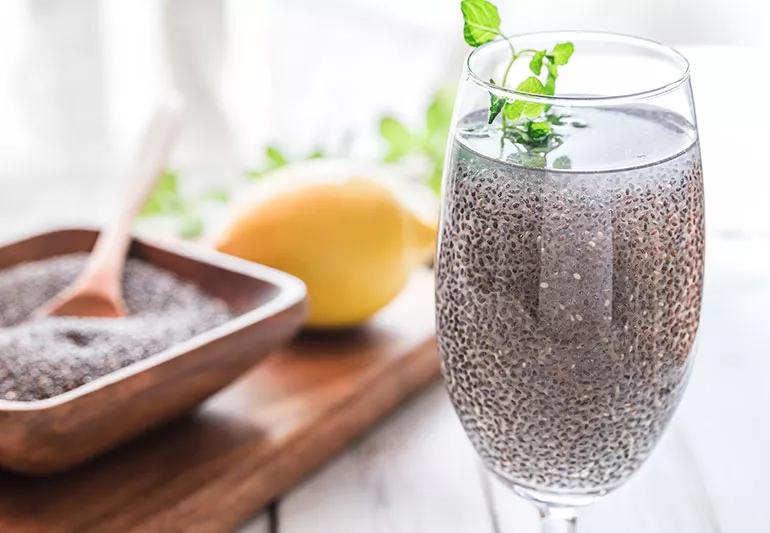
Chia seeds aren’t just for quirky indoor gardening anymore! First, chia seed water made waves on social media for its alleged ability to help with weight loss. Now, it’s making the rounds again, but for a different reason.
Advertisement
Cleveland Clinic is a non-profit academic medical center. Advertising on our site helps support our mission. We do not endorse non-Cleveland Clinic products or services. Policy
Nicknamed the “internal shower,” this simple drink is said to relieve constipation and help you poop. So, does chia seed water live up to these claims?
Registered dietitian Beth Czerwony, RD, LD, weighs in on whether this is a safe trend to try when you want to get your bowels moving — and what you can do instead, if consuming a cup of gummy goo just doesn’t appeal to you.
Chia seed water is a simple, DIY concoction you can whip up in less time than it takes to brew a pot of coffee. Just measure one or two tablespoons of chia seeds and stir them into an eight- to 10-ounce glass of water. Then, let the mixture sit for a few minutes.
As they soak up the water, each tiny seed will develop a clear, viscous casing of sorts. In fact, chia seeds can absorb up to 12 times their weight when they’re wet!
“When chia seeds absorb water, they take on a gel-like consistency,” Czerwony explains. “They add bulk and weight to stools, which softens them and helps them pass.”
Chia seeds are super healthy — so healthy, in fact, that they’re considered a superfood.
“Research is in the early stages, but their potential digestive benefits include improving intestinal tissue health, promoting the growth of beneficial gut bacteria (flora), altering the absorption of some dietary components and easing constipation,” Czerwony says. Beneficial gut bacteria and other microbes in chia seeds play important roles in digestion and overall health.
Advertisement
Here are a few more things to know about chia seeds:
And chia seeds’ hits keep coming! They also boast vitamins and minerals like phosphorus, magnesium, iron and zinc.
All that fiber in chia seeds is mostly insoluble fiber, which doesn’t dissolve in fluids. Instead, it absorbs fluids and helps create bulky, soft stool. So yes, chia seeds have the right kind of fiber to loosen your poop and give you some constipation relief.
“Chia seeds haven’t been studied for constipation,” Czerwony notes, “but due to their fiber content, they are hypothesized to have a laxative effect.”
Here’s the thing, though. Too much fiber can also cause tummy troubles, including:
That’s right, fiber overconsumption is associated with both hard and loose poops, depending on your hydration habits and your individual gastrointestinal (GI) system.
If you consume a lot of insoluble fiber but don’t consume enough water, that fiber — which is looking for liquid to absorb — can ultimately dehydrate your GI tract and cause constipation. It’s always important to stay hydrated, but if you’re going to purposefully take in extra fiber, including chia seed water, it’s extra important.
“Chia pulls fluids into a gel-like substance,” Czerwony explains. “If there isn’t enough fluid to pull, it will create a thicker viscosity which can make it more difficult to move down the GI tract.”
On the other hand, if you have inflammatory bowel disease (including Crohn’s or ulcerative colitis), consuming too much fiber can seriously worsen an existing flare-up by causing diarrhea and cramping. Low-fiber diets are typically recommended for people with IBD who are experiencing a flare-up — so if this is you, definitely don’t go for chia seed water.
If you’re contending with constipation and want to go the chia seed water route, it’s probably fine to do so, Czerwony says. But you can also just sprinkle chia seeds over your yogurt or include them in a smoothie.
And there are other ways to get your fill of fiber, too. Other high-fiber foods can do the same job.
Advertisement
“Any form of fruits, vegetables and whole grains will help ease constipation,” Czerwony says. “Research shows that consuming a good variety of these helps feed the gut microbiome. And nourishing your good gut bacteria can also help with digestion.”
It’s important to know, though, that adding in too much fiber too quickly can cause unwanted issues like bloating, gas, distention, cramps and even diarrhea. So, start adding it into your diet slowly.
“And remember: As you’re taking in fiber, make sure you’re also drinking enough water,” Czerwony reiterates, “because what you definitely don’t want to do is make your constipation worse.”
Advertisement
Learn more about our editorial process.
Advertisement

Drinking water, eating high-fiber foods and exercising are just a few of the ways to get back to your ‘regular’ self

It might be, but it’s more likely that your symptoms of constipation and back pain are caused by underlying conditions

From staying hydrated to staying on schedule, these tips can help you stay regular on-the-go
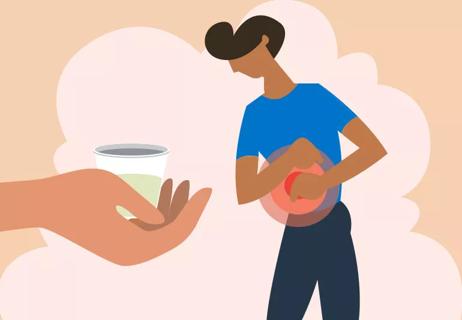
Developed in the 1800s, this remedy remains a viable solution today
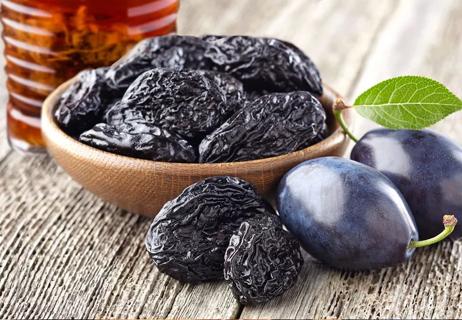
Prunes earn the title of ‘nature’s remedy’ for bowel movement issues
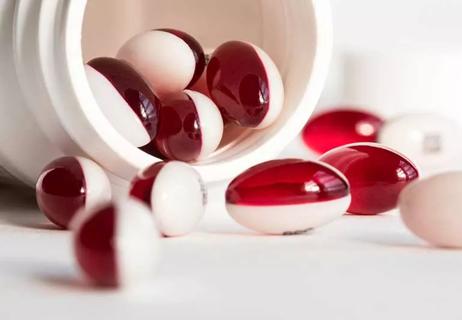
Stool softeners are a type of laxative that softens your stool, making it easier to poop
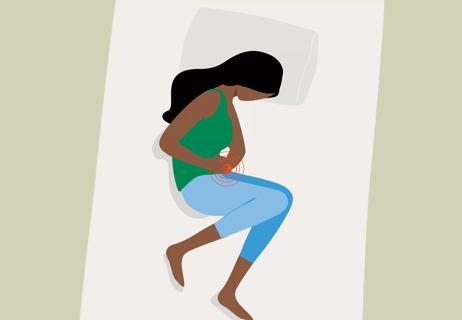
Eat foods high in fiber, drink water and consider using a laxative

It could be diet or it could be something else

Wearing a scarf, adjusting your outdoor activities and following your asthma treatment plan can help limit breathing problems

Your diet in the weeks, days and hours ahead of your race can power you to the finish line

When someone guilt trips you, they’re using emotionally manipulative behavior to try to get you to act a certain way